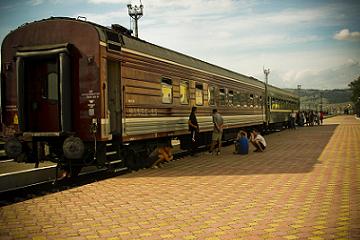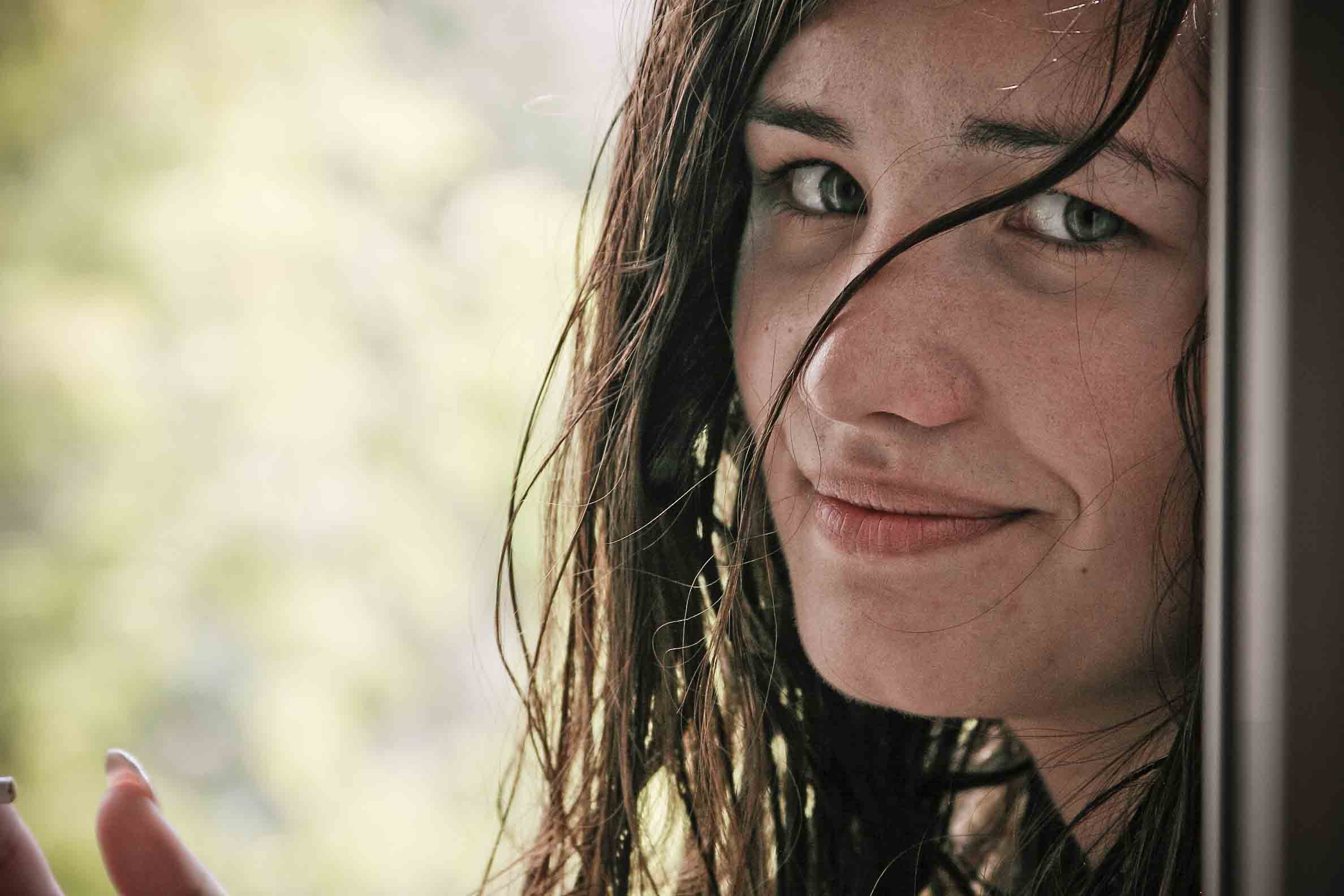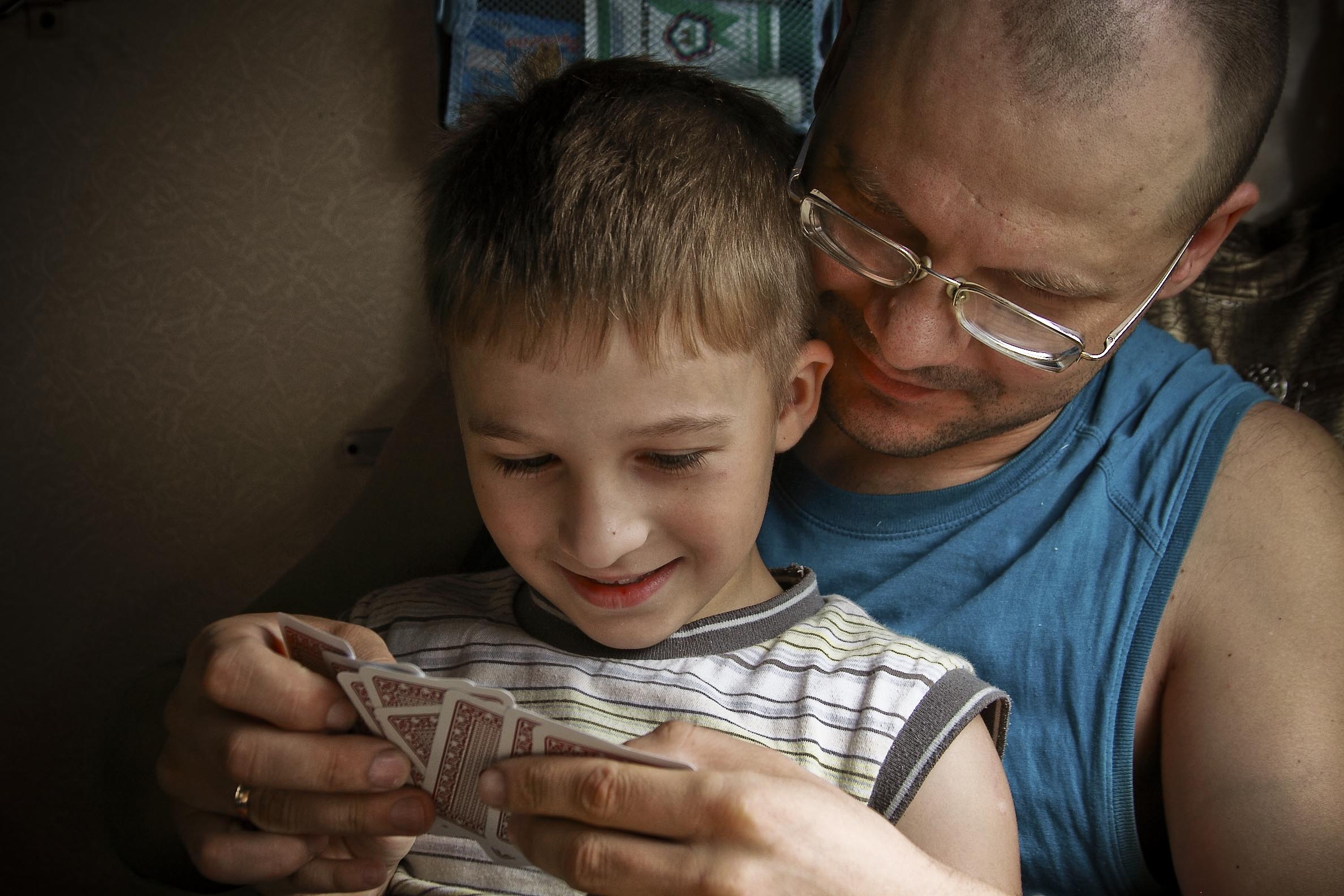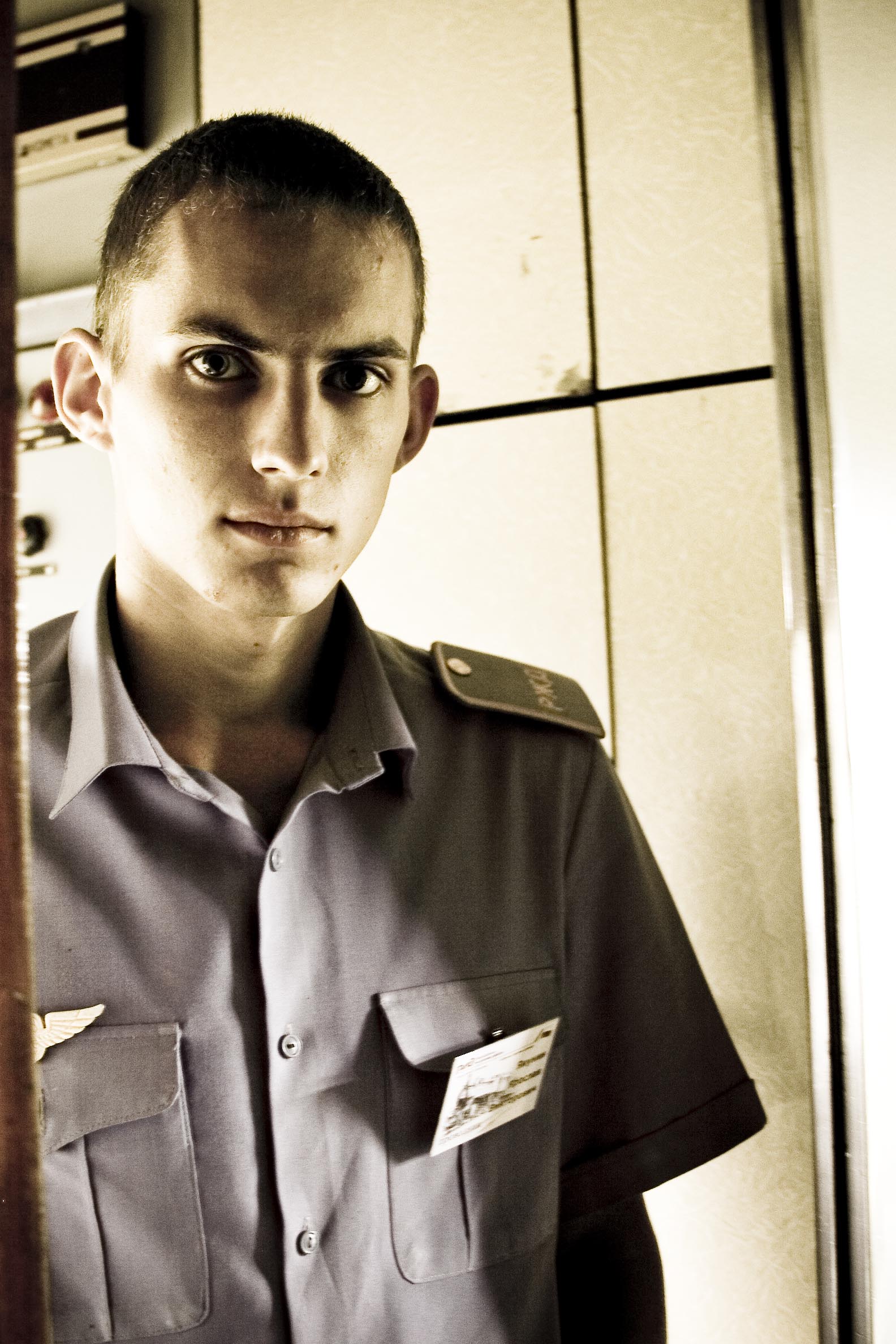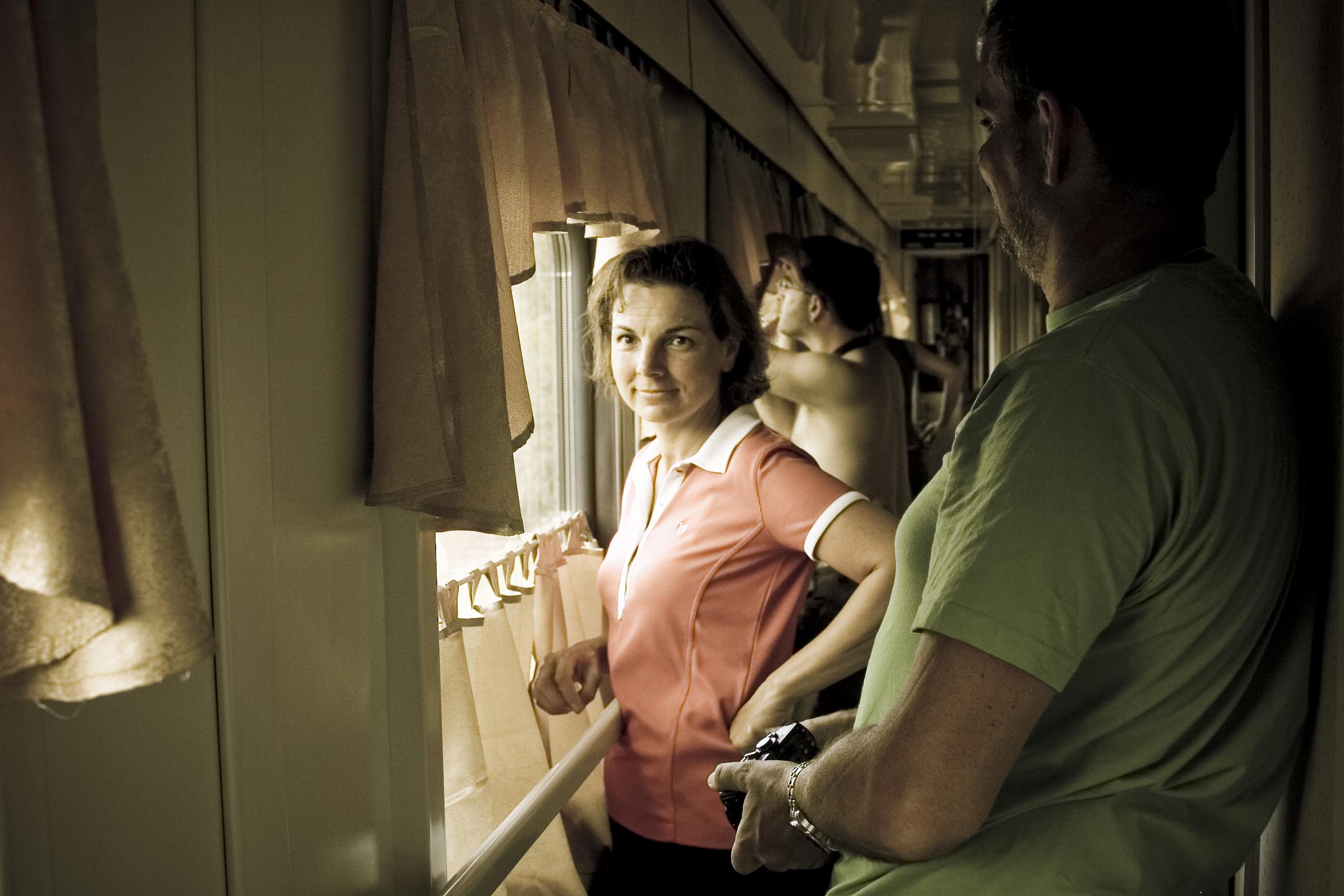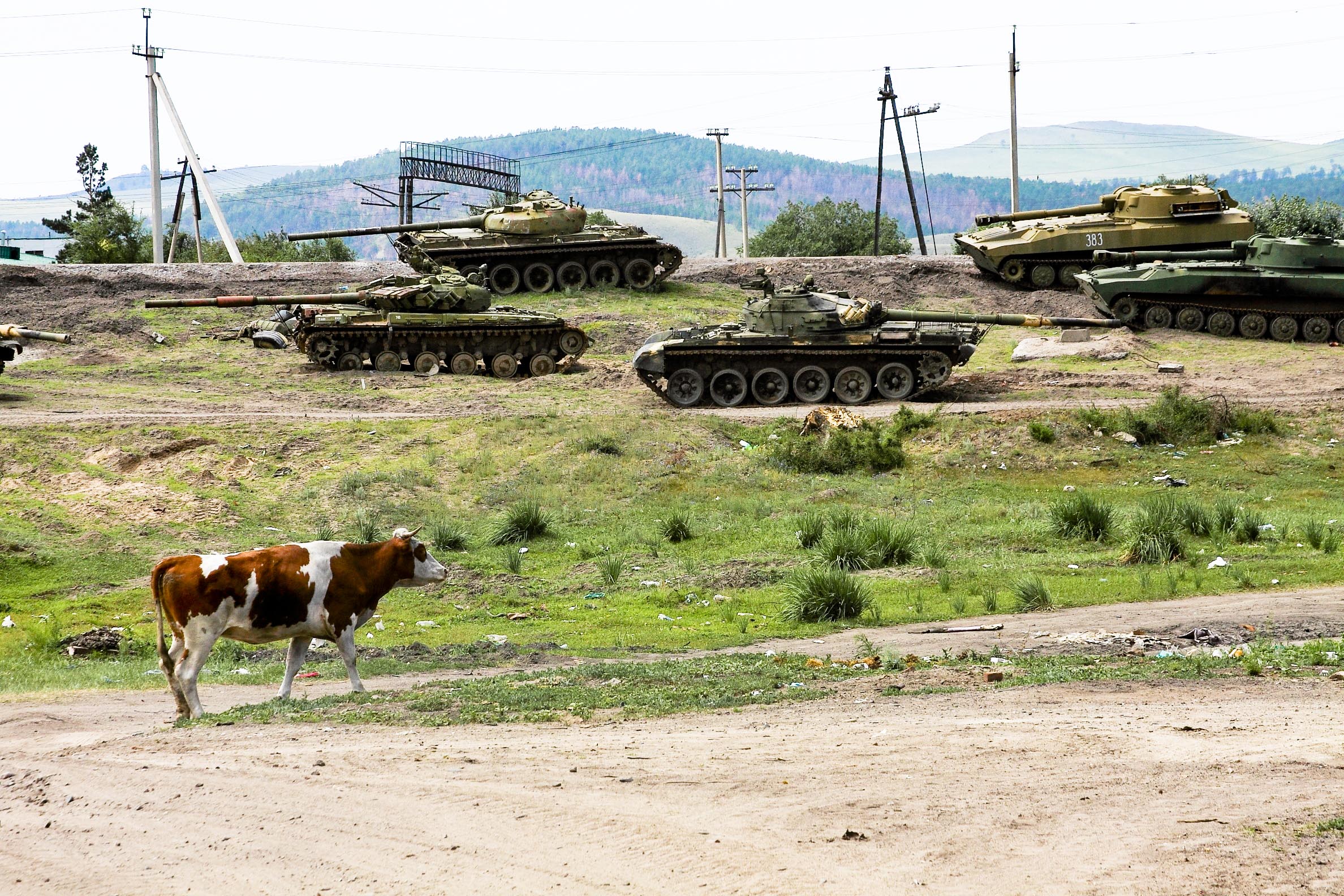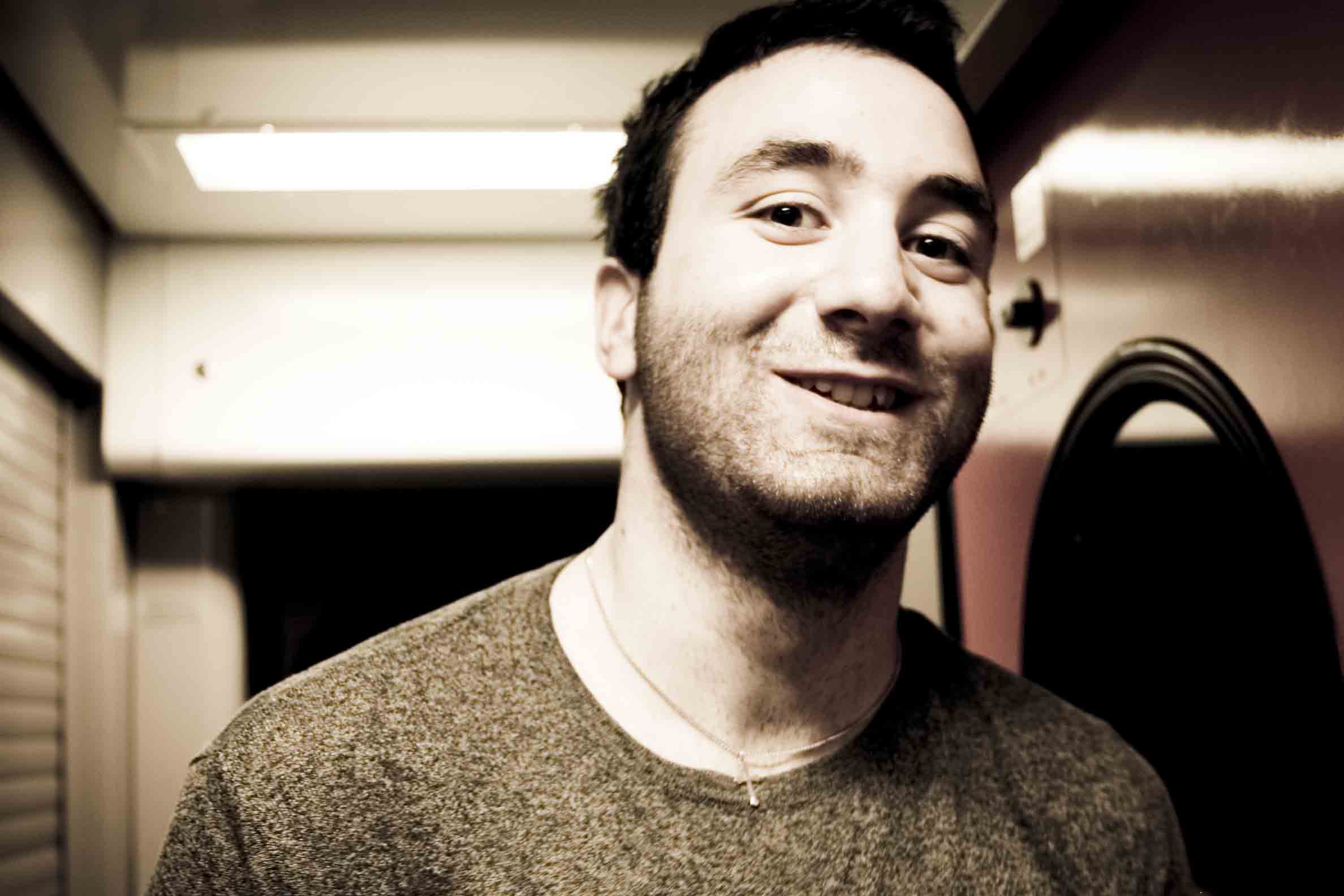
David, my Couchsurfing host in Moscow
km 2138 – TYUMEN // ON BOARD YEKATERINBURG TO OMSK
At the fifteen-minute stop towards Omsk, I shuffled around the first non-Russians I’ve encountered en route through Siberia. Biting my tongue I approached them and asked, “Are you Americans?”
The older man in the group said, “No, we’re Chinese!”
